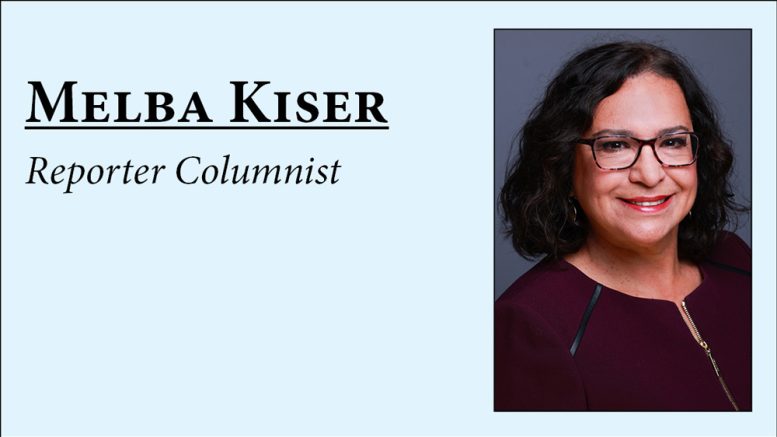There is good and not-so-good news in this legislative session.
There are several bills headed for the governor’s signature. With a scheduled adjournment of March 14, 2024, there is little time left for bills still awaiting a hearing in one chamber. Unfortunately, there are bills with familiar themes that should have been taken up but have failed to get a hearing.
The first bill going forward is SB 1, reading skills. The bill requires certain schools, beginning with the 2024-2025 school year, to offer summer school courses for students who are not reading proficient or are at risk of not being reading proficient by third grade.
A similar reading proficiency bill, SB 6, requires the Department of Education to develop a method to identify students in grades 4 through grade 8 who are at risk of not being proficient in reading.
SB 185 addresses the use of wireless communication devices. This legislation requires each school corporation and charter school to adopt and implement a wireless communication device policy that prohibits a student from using a wireless communication device during instructional time. There is wording for a teacher to allow a student to use a wireless communication device for educational purposes during instructional time, in the event of an emergency, or to manage the student’s health care.
Next are bills that have passed in one chamber and are awaiting a hearing in the second chamber.
A bill dealing with human sexuality instruction, SB 128, passed all three readings in the Senate. The bill would provide that, if a school instructs students on human sexuality, the school’s governing authority, the school board, must first approve and publish certain information concerning the instruction in a conspicuous place on the website of the school.
An Internet safety curricula bill, SB 287, requires the Department of Education to develop, or approve previously developed, age-appropriate curricula in Internet safety for use at multiple grade levels not later than July 1, 2025.
Last are bills that did not receive a hearing but should have.
Such is the case with HB 1221, material that is obscene or harmful to minors. This bill further defined the terms and would amend the education and criminal laws about material that is harmful to minors. The opportunity to put an end, or at least reduce, the debate on what is considered obscene was lost when this bill was not heard.
Another lost opportunity was the failure to give HB 1353 a hearing. This bill would require the Department of Education to prepare a report to the general assembly compiling certain data over 40 years from July 1, 1983, through July 1, 2023, concerning kindergarten through grade 12 students in Indiana. The Department of Education, in conjunction with the state board, would need to determine which surveyed year produced the highest scores and graduation rates and, no later than the 2025-2026 school year, realign current statewide academic standards to the standards in place during the year determined.
As taxpayers, parents, or grandparents, we would want to know that our legislators are budgeting our tax dollars wisely and that Hoosier children are getting the best education possible. The data comparison from HB 1353 would have helped to attain that result.
Undoubtedly, some groups and organizations would be opposed to having such a comparison and report.
Melba Kiser is an outspoken advocate for financial responsibility and transparency in government at all levels. Her column appears at least once each month in The Hamilton County Reporter Newspaper.

